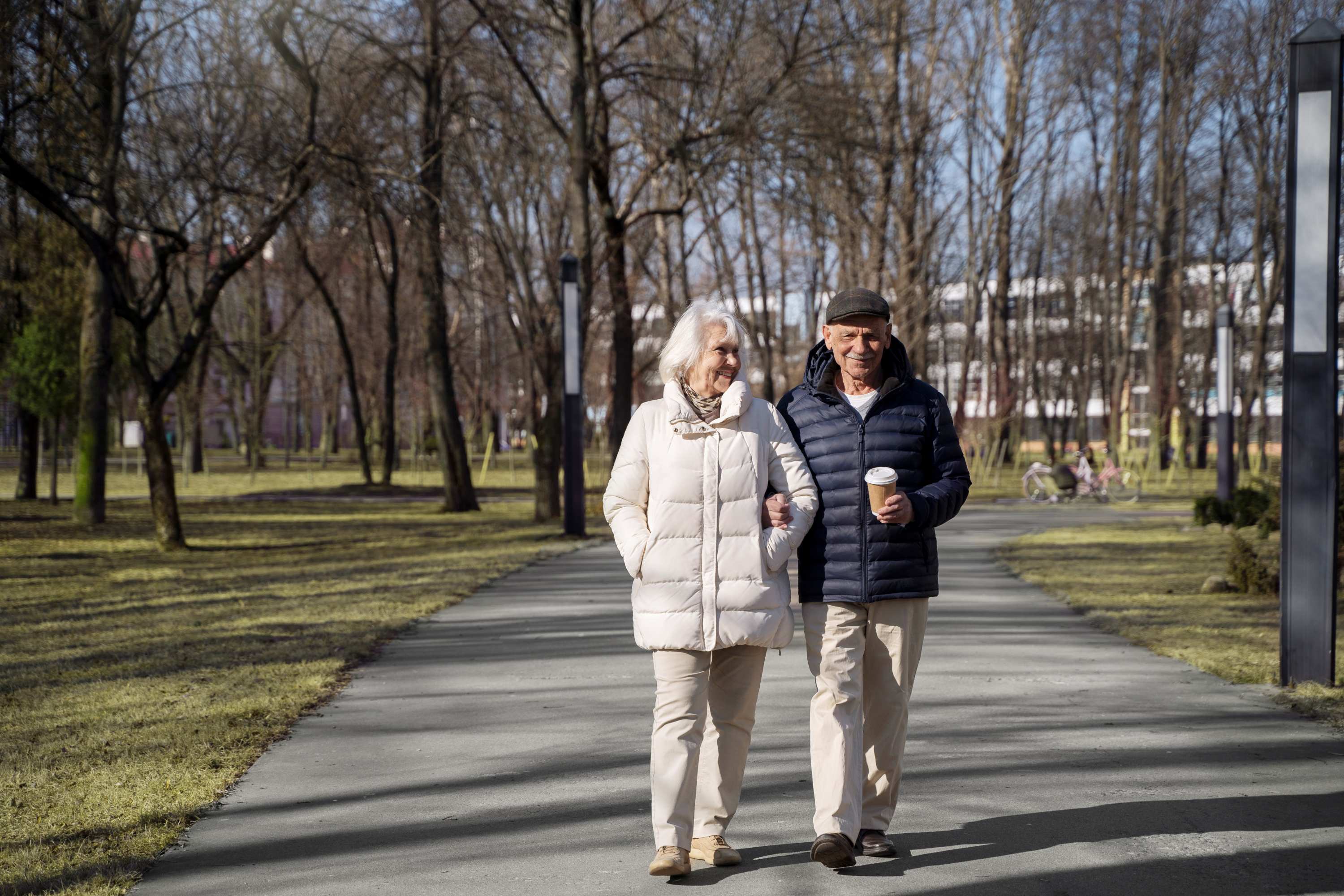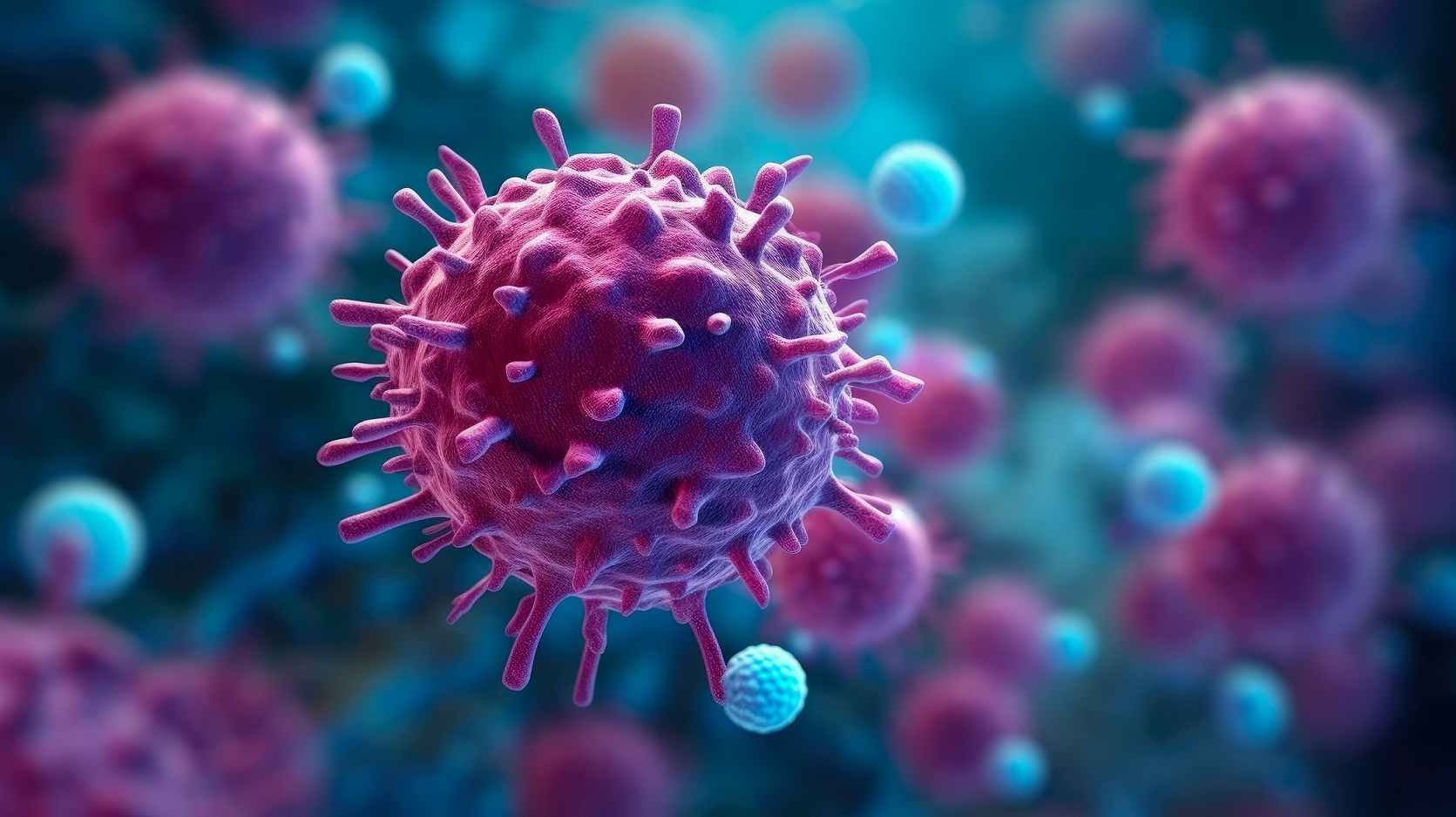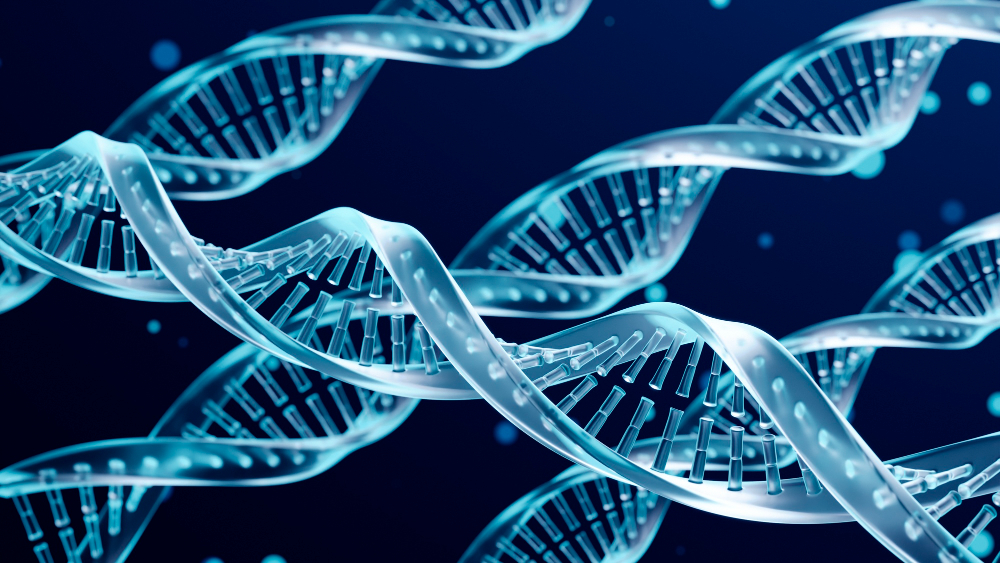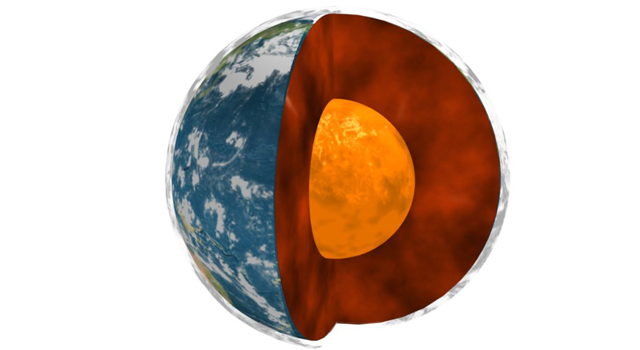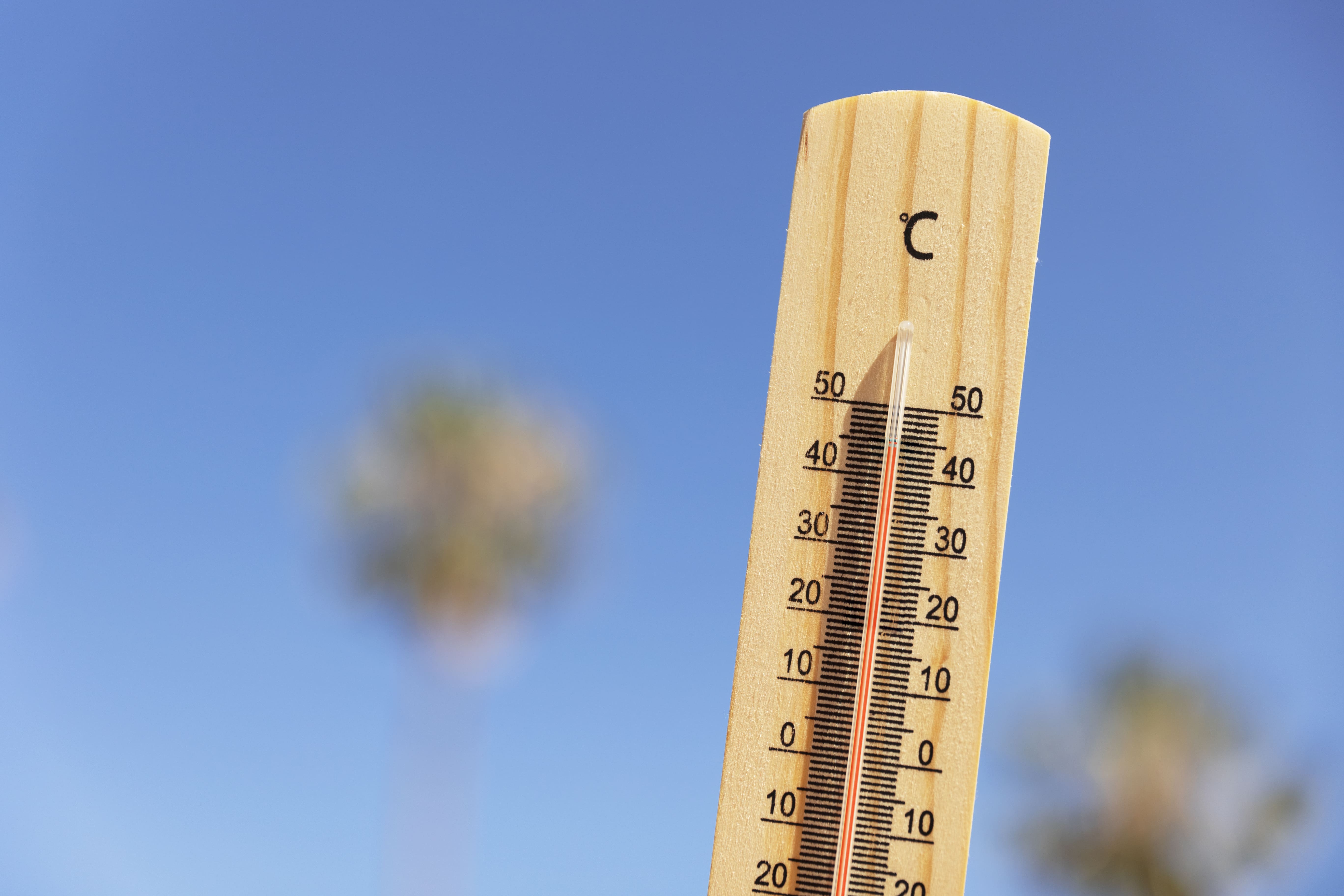Improvements in life expectancy slowed down in many European countries between 2011 and 2021
From 2011 to 2019, improvements in life expectancy slowed down in many European countries and many experienced declines in this indicator during the Covid-19 pandemic (2019-2021), according to a study published in The Lancet Public Health. The research shows that the average annual improvement in life expectancy fell from 0.23 years (1990-2011) to 0.15 years (2011-2019) in 20 European countries, including Spain.
